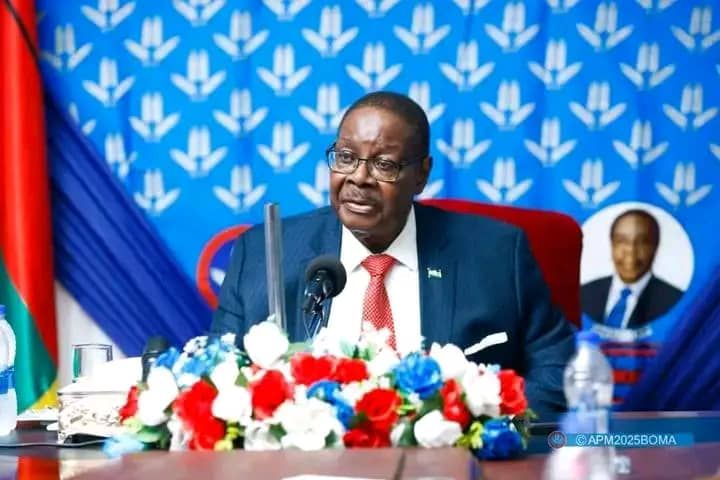By Linda Kwanjana
United General Insurance (UGI) Limited has made a significant financial turnaround with profit after tax rebounding strongly to K2.168 billion from a loss of K0.326 billion in 2023, representing a 764% improvement.
In the just-released 2024 financial statement, signed by Chairperson Harold Jiya and Director Lester Tandwe, the company, also made substantial growth in insurance revenue, which increased by 33% to K10.628 billion, up from K7.991 billion in 2023.
The statement said the growth was driven by the successful acquisition of new business, reflecting the effectiveness of strategic initiatives aimed at expanding market reach.

“As a result, total equity rose by 143%, from K3.523 billion to K8.549 billion, bolstered by a new capital injection of K 2.795 billion.”
“Net investment income improved significantly, growing by 38% to K2.773 billion from K2.013 billion in the previous year. This was largely attributed to a more diversified and strategically optimized investment portfolio, which delivered enhanced returns.”
“Operational efficiency gains were evident in cost containment measures. Insurance service expenses declined by 26%, decreasing to K7.281 billion from K9.882 billion in 2023, underscoring the Company’s commitment to prudent cost management,” reads the statement in part.
According to the statement, UGI’s total assets increased by 41%, reaching K20.343 billion from K14.453 billion, while cash balances rose sharply by 129%, from K2.676 billion in 2023 to K6.120 billion.
The statement added that despite these positive developments, the company also faced cost pressures, with other and management expenses increasing by 47% to K1.387 billion, compared to K0.946 billion in the previous year.
“This was primarily driven by rising commodity prices, which placed considerable strain on the cost base,” reads part of the statement.
UGI, which transitioned from an associate to a subsidiary company of National Bank of Malawi (NBM), said it restructured its business model to be more sales-driven and customer-centric, positioning itself for sustainable long-term growth.






